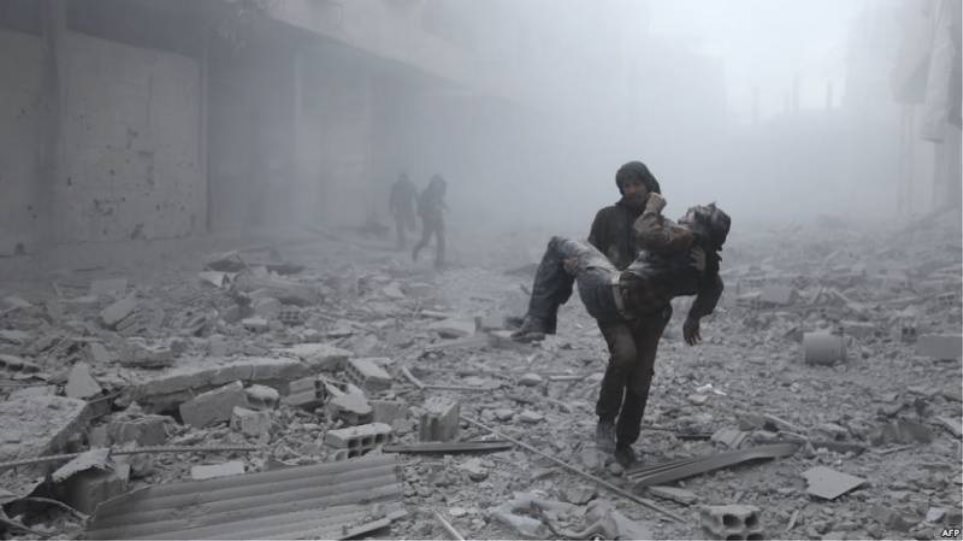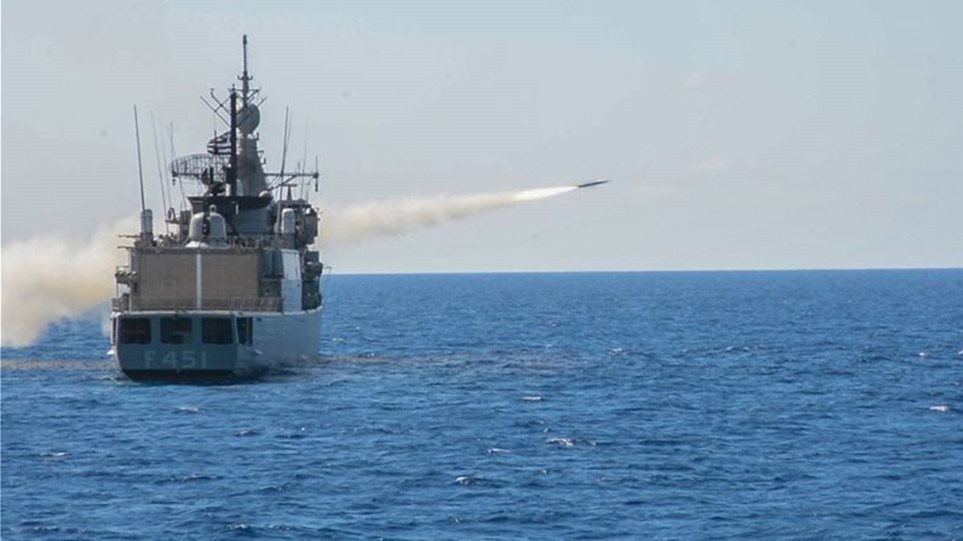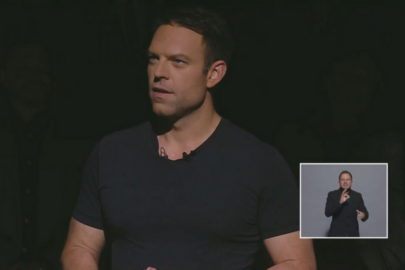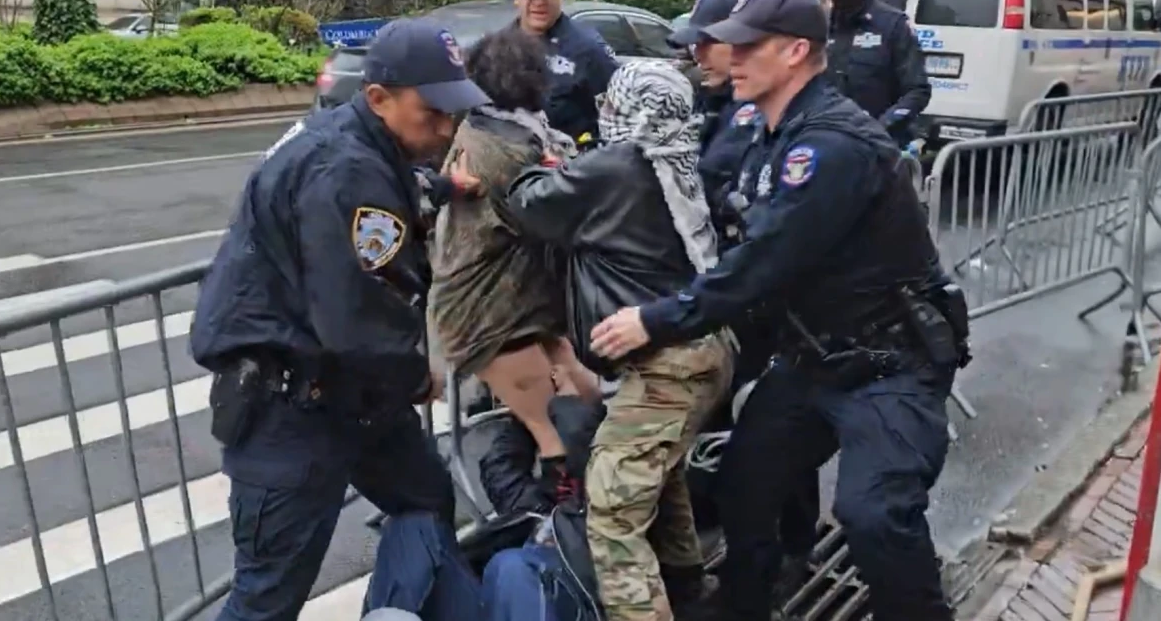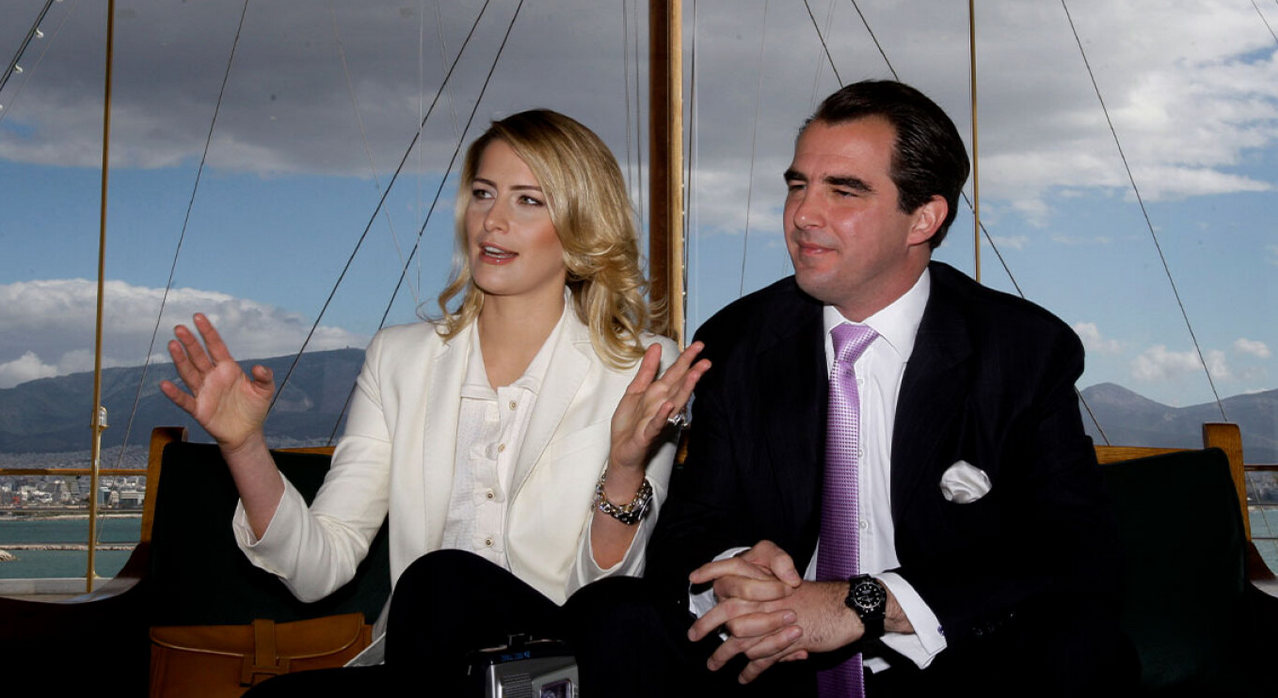The festering dispute between France and Turkey over a naval standoff in the Mediterranean Sea has shone a glaring searchlight on NATO’s struggle to keep order among its ranks and exposed weaknesses in a military alliance that can only take action by consensus.
The dispute has also revealed NATO’s limits when its allies are or are perceived to be on different sides of a conflict — in this case in Libya — especially when a major nuclear ally like France has lamented the “brain death” at the world’s biggest security organization due to a lack of American leadership.
According to French accounts of the June 10 incident in the Mediterranean, the French frigate Courbet was illuminated by the targeting radar of a Turkish warship that was escorting a Tanzanian-flagged cargo ship when the French vessel approached.
France said it was acting on intelligence from NATO that the civilian ship could be involved in trafficking arms to Libya. The Courbet was part of the alliance’s operation Sea Guardian, which helps provide maritime security in the Mediterranean.
In a power-point presentation to French senators on Wednesday, which angered the French officials, Turkey’s ambassador to Paris, Ismail Hakki Musa, denied that the Courbet had been “lit up” by targeting radar and accused the French navy of harassing the Turkish convoy.
Archbishop of Athens & Greece: Turks will not dare turn Hagia Sophia into Mosque
He also suggested that a NATO probe into the incident was “inconclusive” and that France had pulled out of Sea Guardian. The French defense ministry rushed to release its version of events and underline that it would not take part in the operation until the allies had recommitted to the arms embargo on Libya, among other demands.
NATO headquarters refused to provide details saying the report is “classified,” and it’s unlikely that its findings will be made public. A French diplomat said the investigators probably did the best they could, given that they were provided with two very different versions of what happened.
Read more: AP


